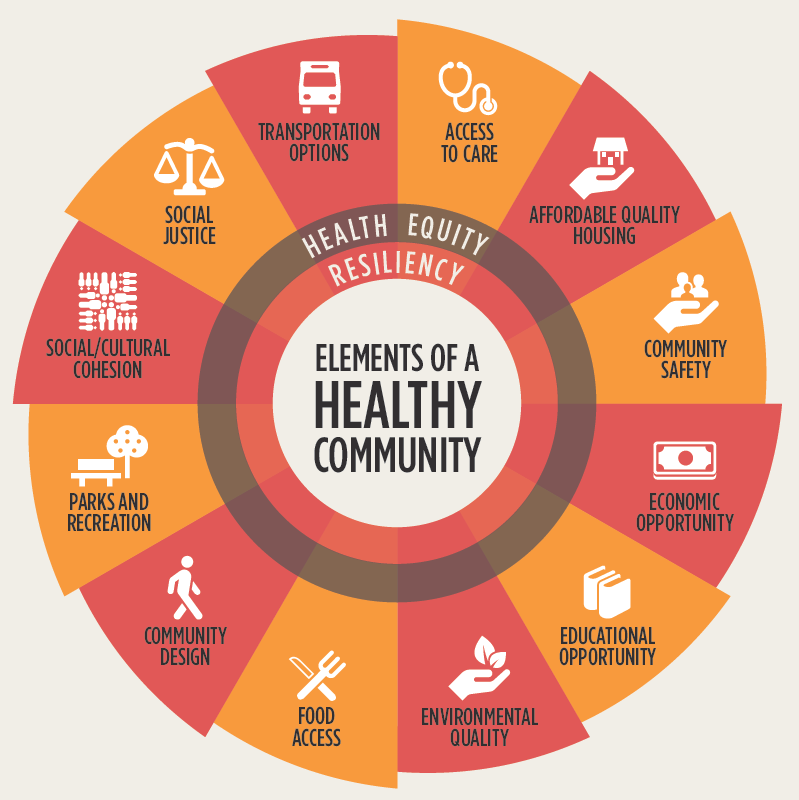The planned Social Welfare Cuts and the Recovery Model; anti stigma and policy on the Social Determinants of Health are set back, stumble
Editorials of the summer from the Thunder Bay Chronicle Journal, St. Catherine’s Standard and Toronto Star seek to sort out the good and bad of the expected income benefits policy reforms by the Ontario Ministry of Children, Community and Social Services. While there is the potential of discussion sounding too political on government decisions, there are also facts about these actions that impact on the decades of building effective resources to advance the Recovery Model, but how to find them?
Groups like the Income Security Advocacy Centre (ISAC) have sifted and tried to sort out the meaning, from the early days of the announcement of the cuts. Still it is hard to know, what the plan and policy direction will result in. One comment on a post I received was from an ODSP participant on a ministry advisory committee who disputed the description of ISAC of the new criteria for admission to ODSP . Fair enough then that much of policy is a work in progress, but a few things clarified for me when I looked at the summer editorials.
The beginning of the editorials initially focus on the cut of the Ontario Basic Income pilots which I dismissed to myself as more of an aspiration concept in the first place rather than province wide policy and an unsurprising ideological conservative/liberal fight on how to address poverty.
But then came a the explanation of admission criteria changes to ODSP:
… And a plan to change the definition of disability for those seeking support under the Ontario Disability Support Program (ODSP) threatens to force thousands of people with mental illness, HIV, multiple sclerosis and other episodic disabilities onto Ontario Works, a program with much lower benefits.
The province says a narrower definition is needed to align more closely with definitions used in federal income-support programs. But this makes no sense when Ottawa is broadening its understanding of disability to coincide with new federal accessibility legislation.
Then news of the income claw-back plan:
… The other change we are told is coming in December involves rules around the amount of money people on welfare can keep when they work before facing benefit claw-backs. The increase to $300 from $200 is helpful. But hiking the claw-back rate from 50 per cent to 75 per cent is hardly an incentive for people to find more work.
Here is the link to the editorial: (hopefully no paywall) https://www.thestar.com/opinio...for-the-poorest.html

(Graphic from: https://nccollaborative.org/so...erminants-of-health/)
The culmination of the points helps to clear the policy direction fog, I and maybe others are experiencing. Our efforts: individual, organizational and the national commission on mental health reform; have set backs and stumble.
My question is how do we as advocates maintain recovery approaches to care amongst the politics and fog surrounding policy and government operations?
The Mental Health Commission’s --Out of the Shadows – laid out goals that involve multiple layers, dare I say intersections of government levels and civil society. And it is not as if other levels or moments of government are not setting back the Recovery Model.
For example:
- I think of the City of Ottawa social services branch cutting bus passes for people living in psychiatric boarding homes – to the point of only allowing people to be able to ask staff for a bus ticket for medical appointments only. Clearly the fog surrounds us where ever we stand in the system.
- I think of the minimum wage legislation of a few years ago, that helped a client I work with, who celebrated the value of his efforts; yet set him falling backwards when the policy was not connected to provincial housing policy--- his rent geared to income apartment, thus owing $ and ultimately being negatively impacted in the long term.
The answer to my query is likely, “just keep chipping at it.” But it sure would be useful to aim for systems discussions of the whole, rather than perpetuating the fractured, siloed approach, the very approach that our leaders are ultimately aiming to address.
http://ontario.cmha.ca/news/cm...on-changes-for-odsp/